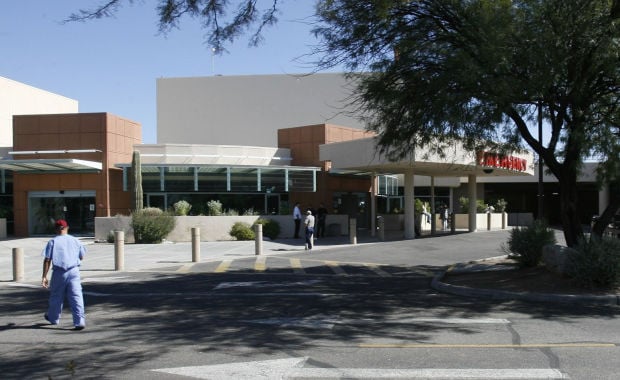PHOENIX — Dissident lawmakers are asking a judge to void what they see as an end-run around the Arizona Constitution to fund Medicaid expansion.
Attorneys for the Republican legislators who voted against the 2013 legislation hope to convince Maricopa County Superior Court Judge Katherine Cooper the levy on hospitals used to fund the expansion is a tax and not, as backers claim, simply an assessment.
That distinction is crucial as a voter-approved constitutional amendment requires a two-thirds vote of both the House and Senate for any new tax. The levy pushed through by Jan Brewer when she was governor fell short of that.
Attorney Christina Sandefur of the Goldwater Institute, representing the lawmakers who voted against the expansion, said the fact the majority called what they did an assessment is legally irrelevant.
She said there is “an inherent danger that legislative bodies might circumvent constitutional constraints by levying taxes but calling them something else.”
“The court cannot defer to the governments characterization of its own levy, but instead must make the determination based on its independent analysis of the levy’s attributes and functions,” Sandefur wrote.
Central to the fight is Brewer’s 2013 decision to take advantage of a provision of the federal Affordable Care Act.
Until then, the state provided coverage under the Arizona Health Care Cost Containment System, its Medicaid program, for families and some individuals up to the federal poverty level, just shy of $21,000 a year for a family of three. The federal act provided an incentive for states to expand eligibility to those up to 138 percent, with the feds picking up most of the cost.
But to qualify, Arizona had to restore coverage it had cut several years earlier for single adults. And that came with a cost.
What Brewer crafted was allowing AHCCCS Director Tom Betlach to levy a fee on hospitals to pay the state’s share. That brought in $270 million for the last budget year.
The hospitals, however, did not object, figuring they would more than make up the difference because more patients would have insurance coverage. Bolick puts the net gain to the hospitals at $407 million.
And Betlach was also given permission to exempt some hospitals from the levy.
The measure was approved, but only with a simple majority. The lawmakers on the losing side, who had enough votes to block the plan if it required a two-thirds vote, sued.
Brewer tried to short-circuit the lawsuit, contending the dissidents had no right to sue. But that argument was rebuffed by the Arizona Supreme Court, sending the case back to Cooper.
In her pleadings, Sandefur said lawmakers cannot avoid calling the levy a tax and the two-thirds requirement a new tax requires simply by empowering Betlach to levy however much he needs.
“Evading constitutional protections and stripping the legislature of its taxing authority yields the exact outcome that Arizona’s constitutional checks and balances were designed to prevent: consolidating power in an unaccountable administrator who is free to play favorites,” she continued.
While it was Brewer who pushed through the expansion, it now falls to Doug Ducey, her successor, to defend it.
During the gubernatorial campaign, Ducey said he opposed the expansion. But he also said that, having started the program by accepting federal dollars, he opposed any move to repeal it.
Cooper has agreed to allow the Arizona Center for Law in the Public Interest to intercede to defend the levy. It represents individuals who benefit from the expansion and stand to lose their health insurance if the challengers succeed.





